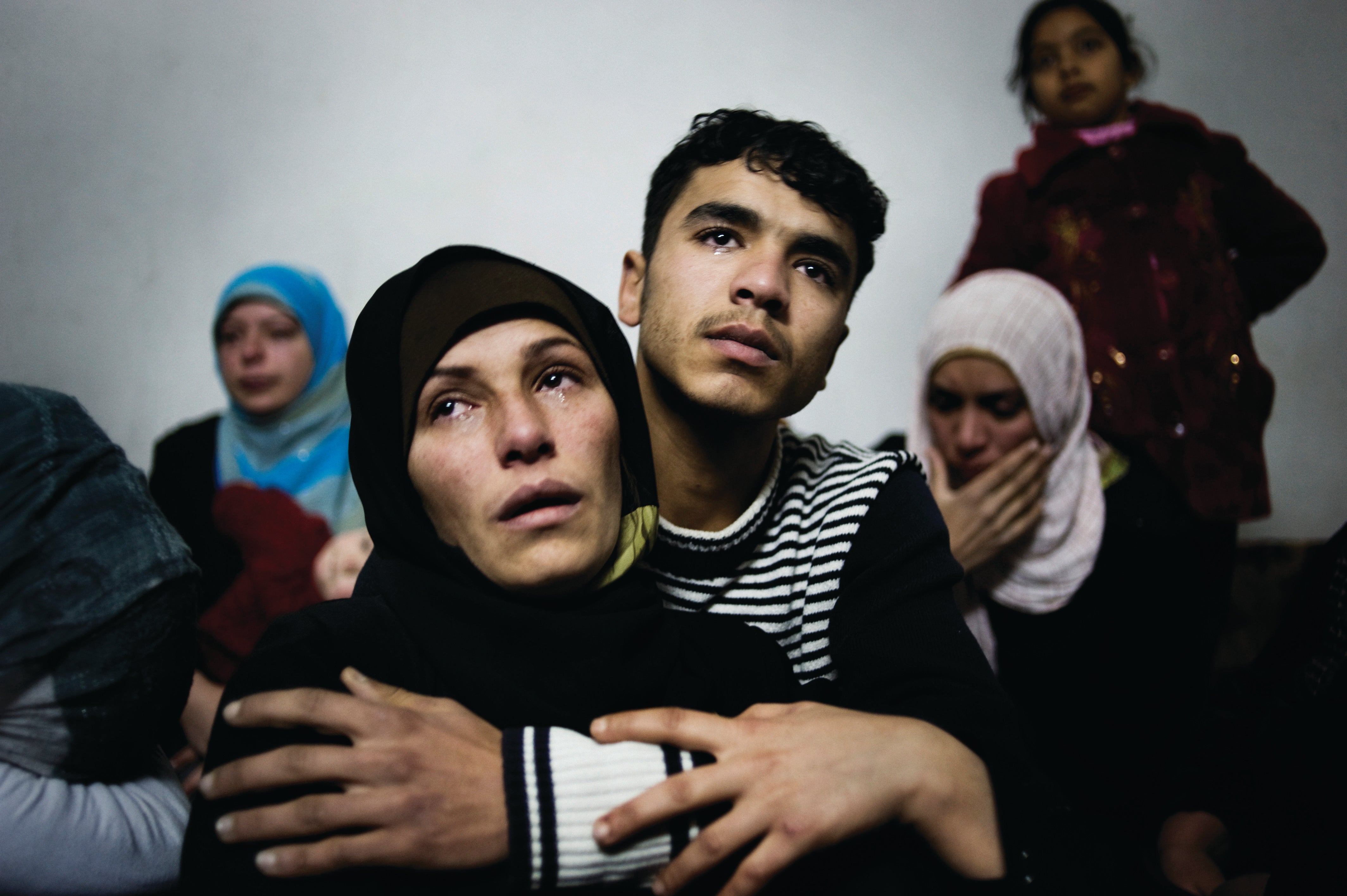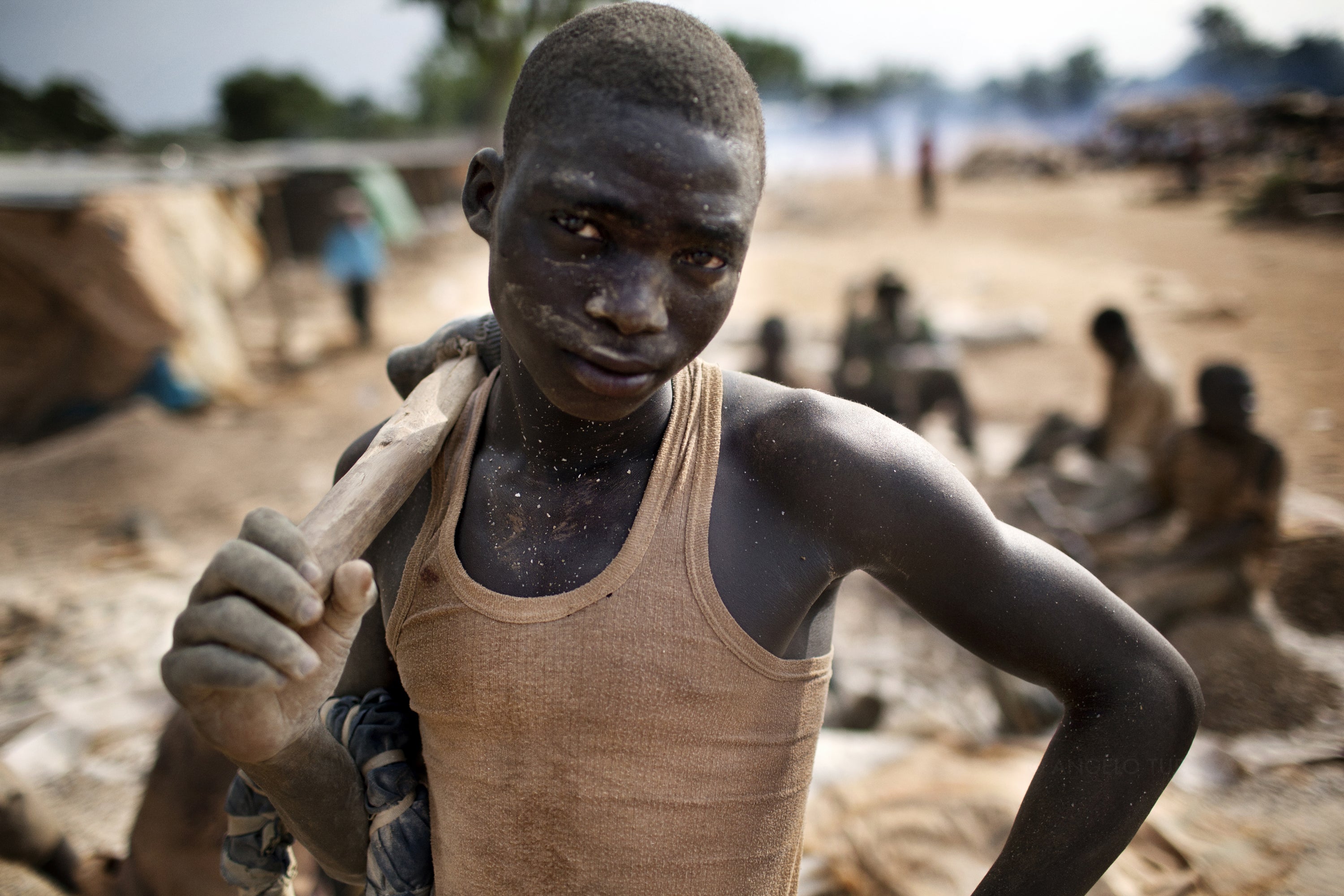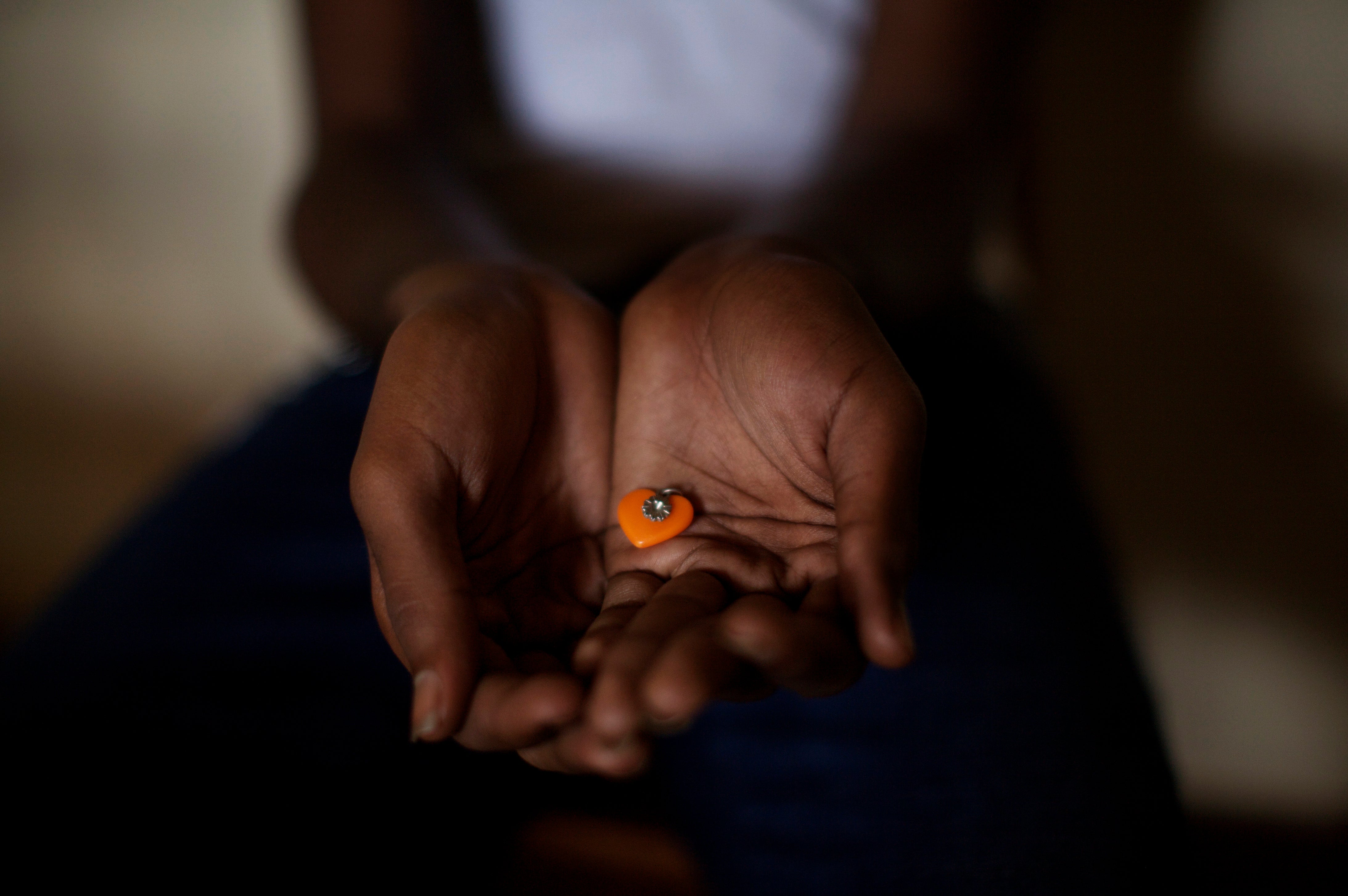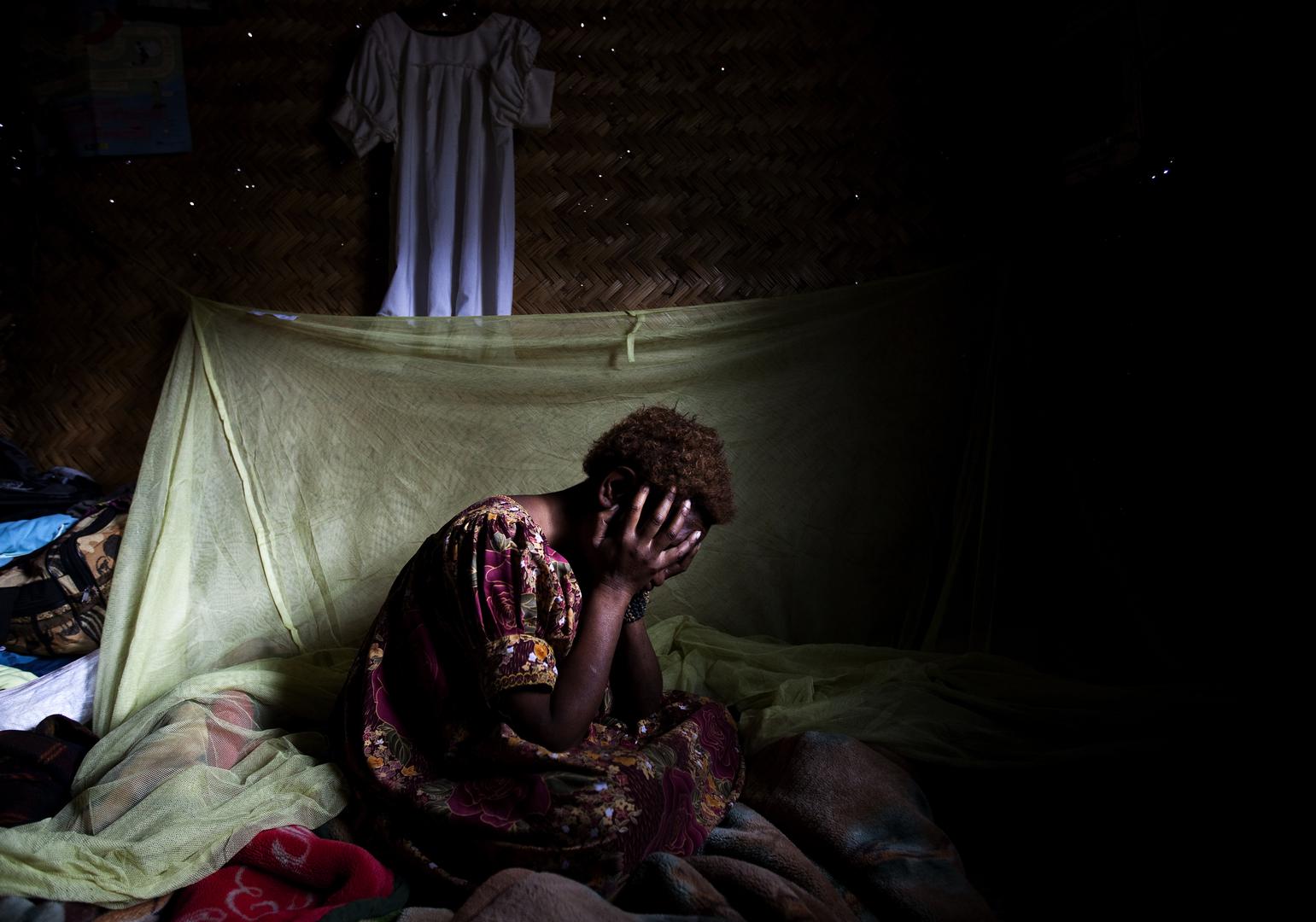The Belarusian government continues to severely curtail freedoms of association, assembly, and expression, and the right to fair trial. New restrictive legislative amendments paved the way in 2012 for even more intense governmental scrutiny of civil society organizations and activists. Governmental harassment of human rights defenders, independent media, and defense lawyers continues, including through arbitrary bans on foreign travel. At this writing, at least 12 political prisoners remain jailed. Allegations of torture and mistreatment in custody persist.
Parliamentary Elections
Parliamentary elections took place in September against a backdrop of stifled civil and political freedoms, and were marked by a lack of competitiveness and a low level of public confidence.
The continuing political crackdown impeded a competitive campaign. The elections resulted in 110 members elected for a four-year term to the lower chamber of the parliament. The opposition did not win any seats.
The elections complied with recent amendments to the electoral code, which the Organization for Security and Co-operation in Europe (OSCE) and the Venice Commission assessed as a positive but insufficient step towards a legal framework allowing for genuinely democratic elections. The OSCE’s Office for Democratic Institutions and Human Rights and the OSCE Parliamentary Assembly found elections had fallen short of international standards, noting, in particular, irregularities during the vote count, a flawed process for considering complaints, and biased campaign coverage by state-controlled media.
Domestic monitors noted flaws in the rules on forming district and precinct election commissions, resulting in a low level of representation in the commissions by opposition parties. Monitors also documented incidents of intimidation by officials of opposition activists.
Days before the voting, the two registered opposition parties decided to boycott the elections, citing procedural violations, political repression, and the fact that opposition activists were imprisoned on politically motivated charges and could not run as candidates or vote.
Political Prisoners, Threats to Human Rights Defenders, and Civil Society Groups
In April, apparently responding to international criticism, the authorities released former opposition presidential candidate Andrei Sannikau and his aide, convicted in connection with the peaceful protests in 2010. In August and September 2012, the government pardoned three prisoners sentenced on criminal charges of “rioting” in connection with the December 2010 mass protests. All released prisoners had to sign a request for pardon that acknowledged their guilt.
Throughout the year, the authorities intensified the crackdown on dissent. Legislative amendments adopted in October 2011 established criminal liability for receiving foreign grants in violation of the law, and broadened the definition of treason to include “any form of assistance to a foreign state” that is detrimental to Belarus’s national security. The amendments put civil society groups at risk of arbitrary prosecution if they receive foreign funding or engage in international advocacy.
In November 2011, a court sentenced leading human rights defender, Ales Bialiatski, to four-and-a-half years in prison on politically motivated charges of tax evasion. Prison officials have regularly subjected Bialiatski to arbitrary reprimands and other kinds of pressure. The authorities frequently sentence opposition activists and human rights defenders to arbitrary detention for “hooliganism” and other misdemeanor charges.
In February, opposition activist Siarhei Kavalenka was sentenced to 25 months’ imprisonment for evading his supervised release, after being sentenced in 2010 for flying a banned pre-Lukashenka era national flag on a Christmas tree. He was freed in September 2012, after authorities forced him, including by making veiled threats regarding his son, to sign a request for pardon that acknowledged his guilt.
In May, a court handed human rights defender Aleh Vouchak a nine-day jail sentence on misdemeanor charges of “minor hooliganism,” allegedly for swearing at police. Vouchak's arrest was apparently in retaliation for his human rights work and for meeting with a Human Rights Watch researcher a day earlier.
In June, the prosecutor’s office issued a warning to human rights defender Andrei Bandarenka, for “discrediting” Belarus by participating in an ultimately unsuccessful campaign to convince the International Ice Hockey Federation not to hold the 2014 Men's World Ice Hockey Championship in Belarus because of its human rights record. At least 15 activists and journalists were banned during the year from leaving Belarus under arbitrary pretexts.
In July, President Aliaxander Lukashenka—in power since1994—signed a decree expanding the grounds on which the State Security Service (KGB) can impose travel bans on individuals.
Death Penalty
Belarus remains the only country in Europe to still use the death penalty. In March, Belarusian authorities executed Dzmitry Kanavalau and Uladzislau Kavalyou, convicted of carrying out a terrorist attack in the Minsk metro in April 2011 after a trial that raised serious due process concerns, including allegations of torture to extract confessions. The execution was carried out while a complaint regarding the men’s treatment was pending with the United Nations Human Rights Committee. The committee had asked the authorities not to carry out the sentence until the review was complete.
Freedom of Assembly
Legislative amendments adopted in October 2011 further restricted freedom of peaceful assembly by broadening the definition of mass events and establishing criminal liability for organizing them in violation of the law. The amendments also required event organizers to report financing sources for mass events and expanded the powers of law enforcement during public gatherings to, among other things, limit access to the event site and conduct personal searches of participants.
Authorities regularly prohibit peaceful gatherings and use “hooliganism” or similar misdemeanor charges to intimidate activists and prevent them from carrying out their work. Dozens have been sentenced, some repeatedly, to short-term detention.
In April, riot police broke up the screening of “Europe's Last Dictator,” a documentary about President Lukashenka, arrested all 19 viewers and staff, and took them to a police station for interrogation and fingerprinting. They were later released.
In February, a court sentenced activist Pavel Vinahradau to 10 days of detention for holding an “unsanctioned protest” for placing stuffed toys with anti-government slogans in front of government headquarters in Minsk. In August, two independent journalists, who were taking photos with teddy bears on a street in Minsk, were sentenced to fines for protesting.
Freedom of Expression
The government severely restricts freedom of expression. Most media is state-controlled, and television, radio, and internet censorship is widespread. The authorities continue to harass independent journalists for their work, including through arbitrary arrests, warnings, and criminal convictions. Journalists face great difficulties obtaining accreditation.
In June 2012, Belarusian authorities charged a journalist, Andrzej Poczobut, for libel against the president, a criminal offense punishable by up to five years’ imprisonment. He was later released under his own recognizance. In a separate case brought in 2011, Poczobut had received a suspended sentence for allegedly defaming President Lukashenka.
In July, blogger Anton Suryapin was arrested and charged with complicity in an unlawful border crossing after posting in his blog photographs of a political stunt that month organized by Swedish activists who dropped teddy bears carrying freedom of speech messages from a plane into Belarusian territory. Suryapin denied involvement, and in August was released under his own recognizance. The trial was ongoing at this writing and Suryapin faces up to seven years in prison if convicted
In August, four Swedish journalists were refused entry into Belarus upon arriving in Minsk airport. Two of them had been accredited by the government to report on the September parliamentary elections.
In September, customs officials held an Australian journalist in Minsk airport and confiscated his laptop, phone, video camera, and memory cards. The journalist was released but his equipment was not returned.
Key International Actors
2012 marked a new low for the Belarusian government’s pariah status in the international arena. The European Union and the United States government further tightened existing sanctions imposed against Belarusian officials, private individuals, and companies implicated in repression and human rights abuse. Responding to the continuing crackdown on civil society, the UN Human Rights Council (HRC) in July denounced abuses committed in Belarus, called for the release of all political prisoners, and appointed a special rapporteur to document and report back on violations in the country. The Belarusian Foreign Ministry swiftly announced that the government did not recognize the special rapporteur’s mandate and refused to cooperate with it.
A diplomatic scandal unfolded in February when Lukashenka’s government expelled the Polish and EU delegation ambassadors, and recalled Belarusian ambassadors in Warsaw and Brussels in response to the expansion of EU sanctions. All EU member states recalled their ambassadors from Belarus in solidarity. Belarus allowed all ambassadors to be reinstated after they later returned to Minsk.
In March, the European Parliament adopted a resolution urging additional sanctions that targeted several more officials and companies linked to the government and prohibited the export to Belarus of arms and materials that could be used for repression.
In a September 2012 report presented to the council, the UN high commissioner for human rights singled out Belarus among 16 countries where government intimidation of civil society activists is commonplace, and authorities mostly fail to hold accountable those responsible.
After the July teddy bear stunt, the government expelled the Swedish ambassador and closed the Swedish embassy in Minsk.
In September, the authorities refused visas to a Lithuanian politician and a German parliamentarian who planned to visit the country during parliamentary elections, stating that their presence in Belarus was “undesirable.”




